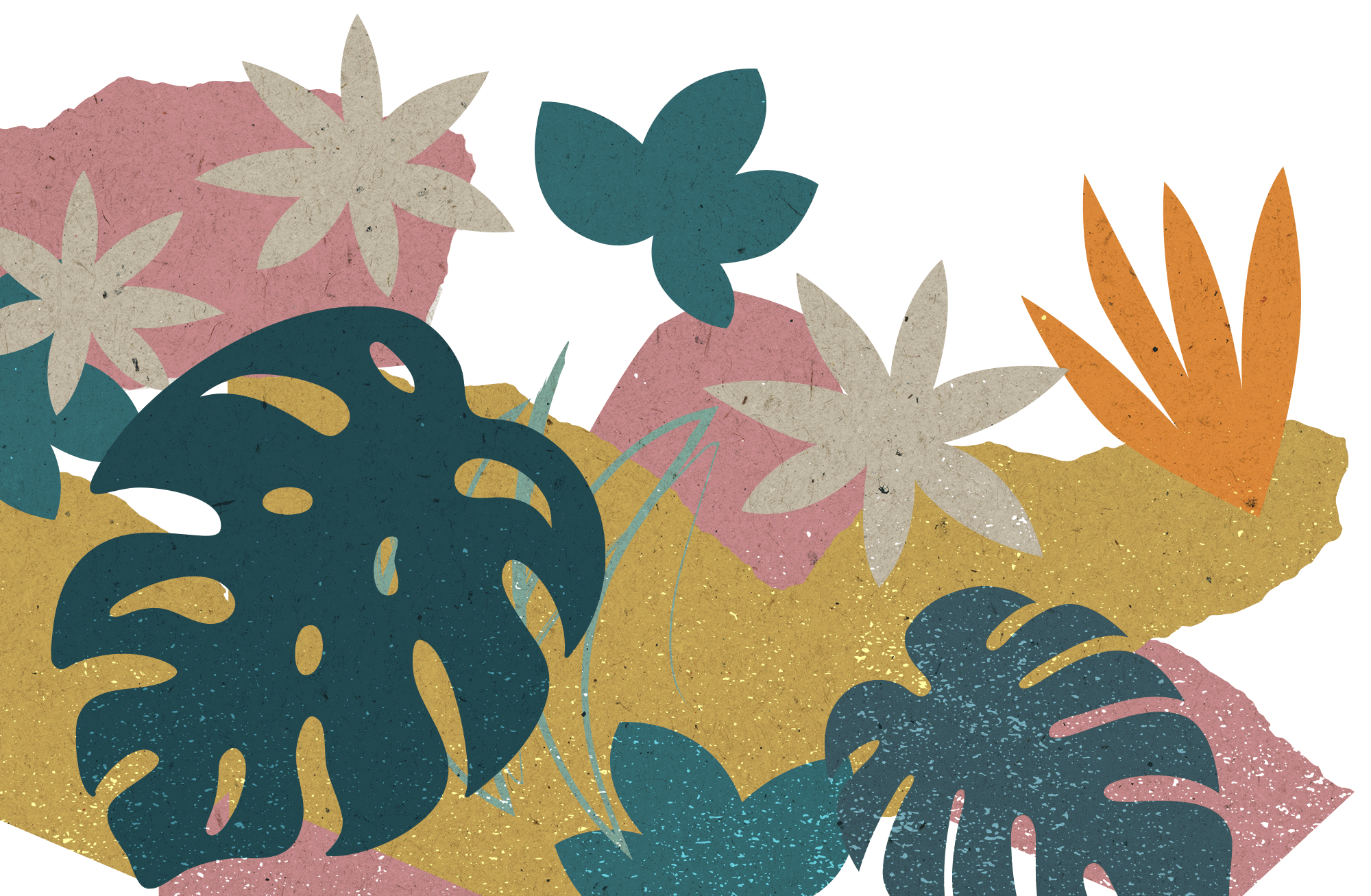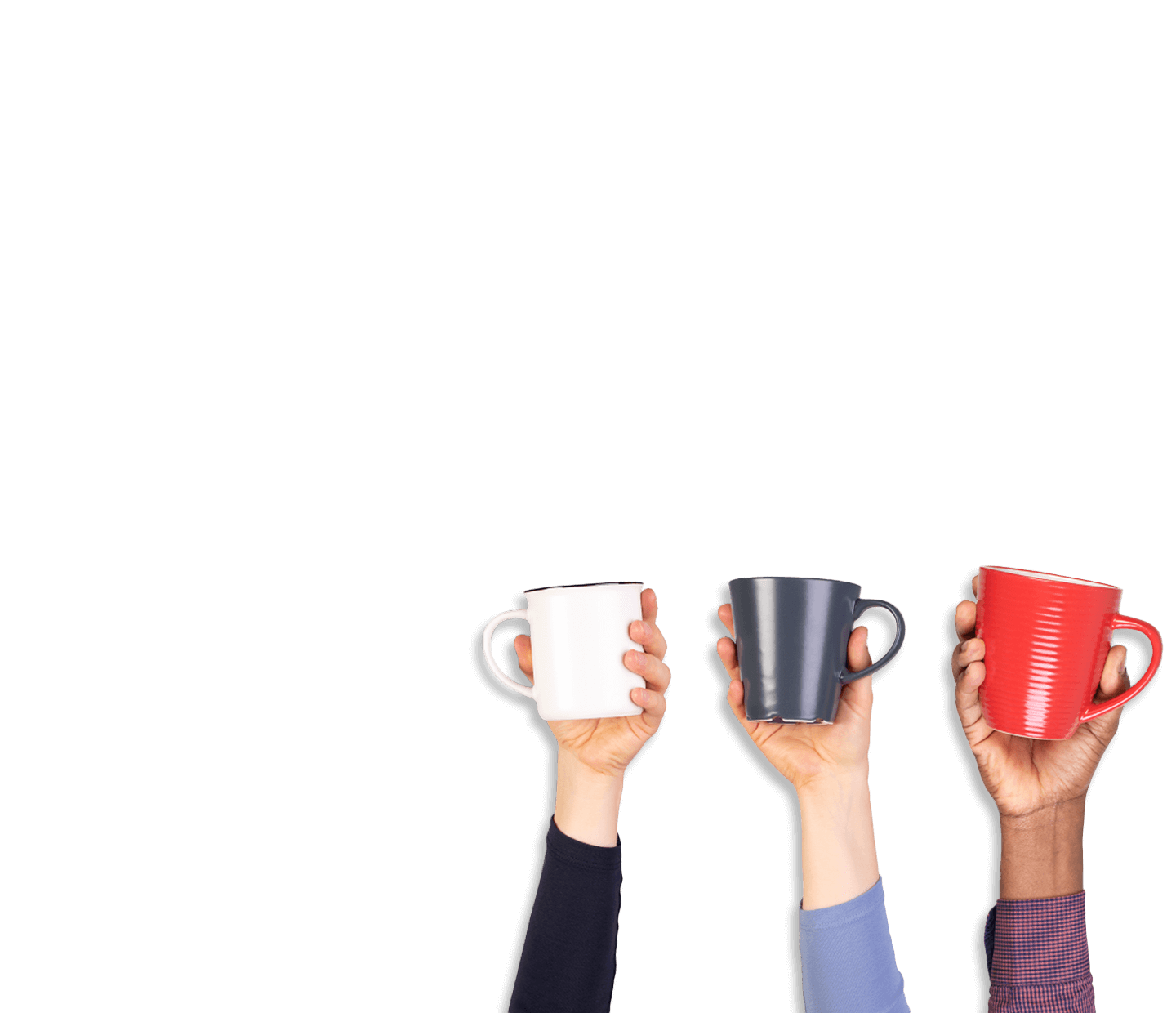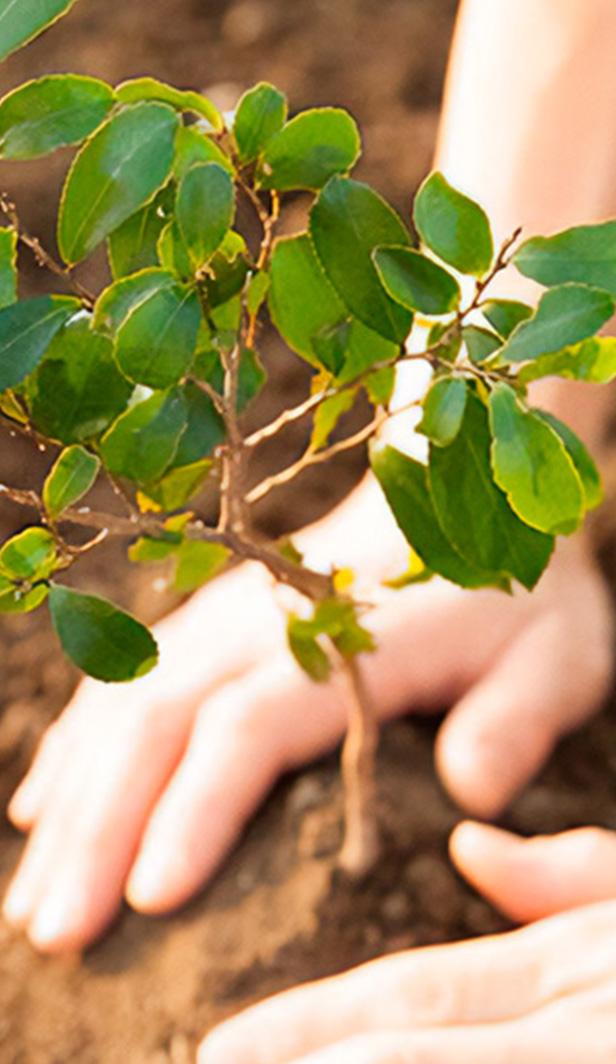1. Coffee goes back a really long way

2. Coffee is a fruit

Whether it helps you make the most of your day, or the perfect excuse to catch up with old friends, coffee plays a small but important part in our everyday lives.

3. Beethoven loved coffee

4. Brazil grows the most coffee in the world

5. Finland consumes the most coffee in the world
Where Brazil may grow the most, Finland drinks the most coffee! On average they drink 12kg per person, per year which works out to an impressive 1,680 cups on average each a year. Now how’s that for a coffee fact?

6. Coffee wasn’t always enjoyed with breakfast
Despite coffee being known as one of the most popular drinks to have with breakfast (followed by tea), prior to the 18th century, beer was actually enjoyed with the first meal of the day!

7. Coffee helped Brazil go to the Olympics
In 1932, the Brazilian government didn’t have enough money to send their athletes to the Olympics, so they funded the trip by selling coffee. They loaded up a ship of coffee beans, hoping to sell it to California on their way. We love this heart-warming coffee fact!

8. Coffee wasn’t always for drinking
Before coffee was discovered to be a delicious beverage, it was actually a food. East African tribes would grind the berries and mix them with animal fat to eat.

9. There are two different types of coffee bean
Two types of coffee bean are used for drinking; Robusta and Arabica. Arabica has lower acidity and smoother taste, whereas Robusta is more acidic and bitter.

10. Decaf doesn’t mean no caffeine
For a coffee to be classed as decaf, it needs to have less than 0.3% caffeine.

11. The decaffeination process helps to create our favourite fizzy drinks
Once caffeine has been removed (for decaf coffee), the caffeine will usually be sold to fizzy drink or pharmaceutical companies.

12. NESCAFÉ® produced the first instant coffee
We’re quite proud of this coffee history fact because it was us who created the first successful instant coffee blend! The story goes all the way back to 1929 when Brazil was looking for a solution to help with the coffee surplus in the country. After which, years of careful research led to the development of the NESCAFÉ® brand. Explore the history of NESCAFÉ® to learn more.

13. Coffee was once banned

14. The most expensive coffee in the world costs $600 per pound
Kopi Luwak is the most expensive coffee in the world, and as of 2019, it cost $600 per pound. Native to Indonesia, the coffee is roasted after being eaten, digested and expelled by the Palm Civet. It’s said that they only eat the very best, sweetest and freshest coffee cherries and when ingested, it’s naturally fermented, giving it a distinctive flavour. Would you try a cup of Kopi Luwak?

15. The largest cup of coffee in the world was over 26,000 litres

Today’s community favourites




